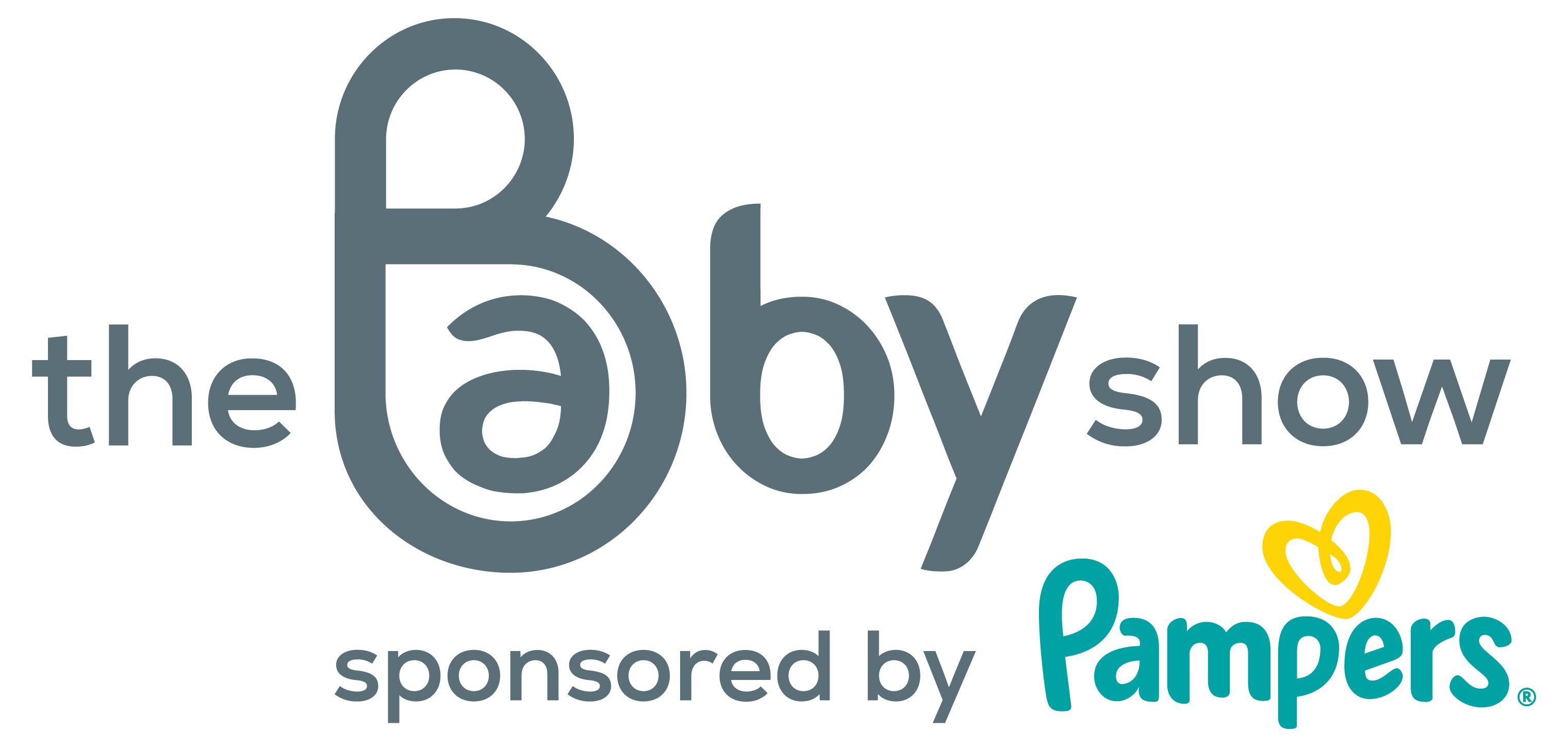25 Aug 2025
Don't Panic! How to Survive The First 3 Months With Baby
Heidi Skudder
)
What three tips can you offer new mums on the reality of being at home with baby in the first week?
Sit back and take it all in ' those first few weeks go by in a flash and before you know it dad will be returning to work. Spend as much time together as you can, looking at and cuddling your baby. Encourage Dad to sit with you even if you are breastfeeding, as his time goes fast too and being a daddy is a big change to cherish together. Learn together and share the experience, letting Dad get involved with nappy changes and winding if not feeding.
You know best ' although it may not feel like it at times. A mother's instinct is always strong, so whether it is sleeping, feeding or needing a nappy change, trust in your ability to look after your baby. It will feel overwhelming, but know that you and baby will find your way together and that there is no rush. Tiny steps and a bit of trust along the way.
Forget the housework! Your baby does not care if the floor hasn't been hoovered, neither do your guests worry if there is washing up in the sink (in fact ask them to help do it!). The house can wait, your baby and bonding experience won't. Do not feel guilty for spending time on the sofa or in bed, in fact I would fully recommend a week in bed and then a week on the sofa ' let visitors muck in and order easy food.
How do you keep your baby's umbilical cord clean to avoid infection?
It is best to keep your hands clean so wash them before and after nappy changing and whilst touching the area. Baby can still have a wash but keep the area dry afterwards but patting gently with a cloth/flannel. Try folding down the top of the babies nappy too, to help get air to the area and stop it getting 'sweaty' underneath the nappy.
How can I make sure I'm putting my baby to sleep as safely as I can?
There are excellent guidelines by The Lullaby Trust that help new parents understand how best to put their babies to sleep safely. Babies are now recommended to sleep on their backs, with nothing else in their cots. They should also be placed with their feet towards the end of the cot or basket rather than being too high up the cot. Temperature is also considered to be an important factor too.
How might I tell if my baby has colic or reflux?
Colic and reflux are very similar and in fact, in my experience, colic is always usually caused by something; some of the most common reasons for colic being an overtired baby, a baby who isn't getting enough milk in the evening or a refluxy baby.
Reflux can be either silent and consistent of regurgitation in the throat but with no obvious signs aside from congestion, arching back from feeds and not liking to be put down on their back, or vomiting reflux when it is really very obvious. There are many signs of reflux and some of them remain hidden for quite a long time and also unrecognised by many medical professionals, which is why so many parents find it difficult to get a diagnosis.
If you suspect your little one is struggling then try and seek help and go with your gut instinct. A high percentage of reflux is actually caused by food intolerances ' often milk, so it is worth thinking about changing formulas or cutting out dairy as a first step towards improvements.
Sit back and take it all in ' those first few weeks go by in a flash and before you know it dad will be returning to work. Spend as much time together as you can, looking at and cuddling your baby. Encourage Dad to sit with you even if you are breastfeeding, as his time goes fast too and being a daddy is a big change to cherish together. Learn together and share the experience, letting Dad get involved with nappy changes and winding if not feeding.
You know best ' although it may not feel like it at times. A mother's instinct is always strong, so whether it is sleeping, feeding or needing a nappy change, trust in your ability to look after your baby. It will feel overwhelming, but know that you and baby will find your way together and that there is no rush. Tiny steps and a bit of trust along the way.
Forget the housework! Your baby does not care if the floor hasn't been hoovered, neither do your guests worry if there is washing up in the sink (in fact ask them to help do it!). The house can wait, your baby and bonding experience won't. Do not feel guilty for spending time on the sofa or in bed, in fact I would fully recommend a week in bed and then a week on the sofa ' let visitors muck in and order easy food.
How do you keep your baby's umbilical cord clean to avoid infection?
It is best to keep your hands clean so wash them before and after nappy changing and whilst touching the area. Baby can still have a wash but keep the area dry afterwards but patting gently with a cloth/flannel. Try folding down the top of the babies nappy too, to help get air to the area and stop it getting 'sweaty' underneath the nappy.
How can I make sure I'm putting my baby to sleep as safely as I can?
There are excellent guidelines by The Lullaby Trust that help new parents understand how best to put their babies to sleep safely. Babies are now recommended to sleep on their backs, with nothing else in their cots. They should also be placed with their feet towards the end of the cot or basket rather than being too high up the cot. Temperature is also considered to be an important factor too.
How might I tell if my baby has colic or reflux?
Colic and reflux are very similar and in fact, in my experience, colic is always usually caused by something; some of the most common reasons for colic being an overtired baby, a baby who isn't getting enough milk in the evening or a refluxy baby.
Reflux can be either silent and consistent of regurgitation in the throat but with no obvious signs aside from congestion, arching back from feeds and not liking to be put down on their back, or vomiting reflux when it is really very obvious. There are many signs of reflux and some of them remain hidden for quite a long time and also unrecognised by many medical professionals, which is why so many parents find it difficult to get a diagnosis.
If you suspect your little one is struggling then try and seek help and go with your gut instinct. A high percentage of reflux is actually caused by food intolerances ' often milk, so it is worth thinking about changing formulas or cutting out dairy as a first step towards improvements.
Loading

